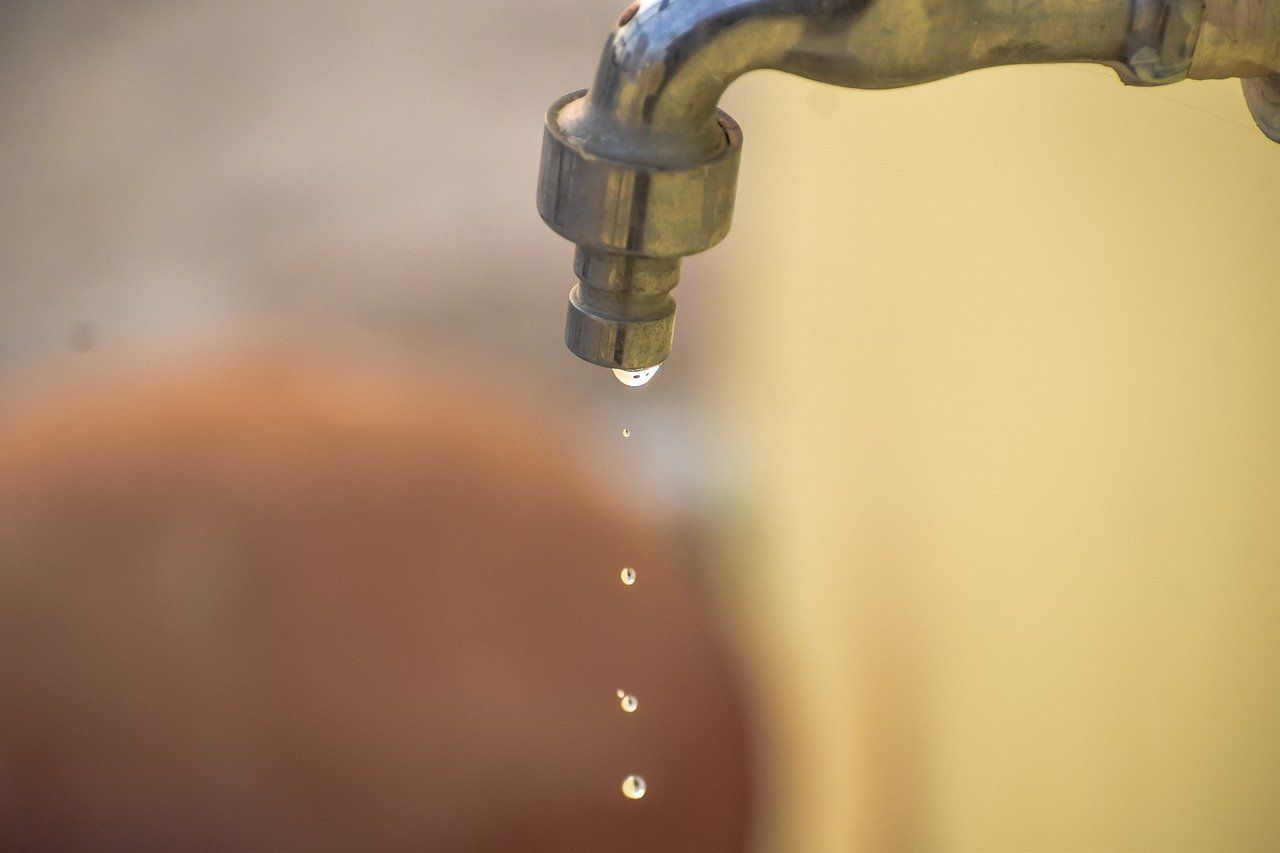Health Risks Posed by Leaking Faucets

Leaking faucets waste gallons of water each year, contributing to the world’s concerning water shortage. A dripping faucet is more than just an annoying surge of water from your sink, as it also poses several risks to you and your entire household.
To keep this plumbing problem from worsening, you should actively monitor and repair any leaky faucets. If you cannot fix it yourself, always consider hiring a professional licensed plumber . Otherwise, you may suffer from the health consequences listed below.
Slippery Floors
When you leave a faucet running for an extended period, it causes other issues, such as corroded piping connections. Flooding in your kitchen floors and bathroom areas can cause slips and falls for you and your family members.
Flooded floors can also become dirty, so they require cleaning and can divert your attention away from more important household chores or family bonding.
Rotting Cupboards and Flooring
Water will seep into anything in its path if a corroded faucet bursts and causes flooding. If a faucet begins to leak in the sink, it will run along with the kitchen cabinets and floors, causing water damage. Wooden materials close to a leaking faucet begin to rot.
Furthermore, floors that are not designed to be submerged in water can collapse due to internal rotting. And, without a doubt, if rotten cupboards are not replaced or repaired, they will collapse unexpectedly.
Pest Infestations
Rodents and cockroaches thrive in moist environments. Flooded kitchen areas caused by leaking faucets can contribute to the rapid breeding of these pests. The presence of pests can endanger the health of everyone in the house.
If these pests are drawn to your home due to leaking faucets, you and your family may experience allergic reactions and respiratory problems. Some pest bites can also be extremely dangerous or even fatal.
When pests invade, they crawl on all surfaces, including food. This may result in food contamination and food poisoning among family members.
Dangerous Mold Infestations
Water ingress in the interior of cupboards is difficult to dry without specialized equipment. As a result, the wooden inner part of cabinets becomes mossy and can harbor fungi that turn into molds.
Black mold can be hazardous to your health if you have asthma or other allergies. Mold toxins can irritate the lungs, resulting in asthma attacks and sinus infections.
Fungi that cause severe mold infestations coexist with fungi that cause wood rot. Like the fungus that causes wood to rot, mold thrives in dark places behind walls, beneath sinks and floorboards.
Conclusion
Water leaks can cause significant damage to your house and jeopardize your family’s health. This type of injury is frequently ignored until it becomes a significant problem. You must examine the problem as soon as you become aware of it. Because this type of damage can go undiscovered until it becomes a significant issue, it is critical to consult a professional as soon as you notice a leaky tap.
While there are steps you can take to reduce the likelihood of having a leaky tap at home, there will be times when you will require expert assistance with leaking water service. All City Plumbers’s professional plumbers can quickly resolve your leaking faucet issue while also providing long-term solutions and suggestions for keeping your faucets in good operating order.
All City Plumbers is a reliable 24-hour plumber in Birmingham, AL. We provide comprehensive plumbing services for both residential and commercial properties. Contact us right away!











